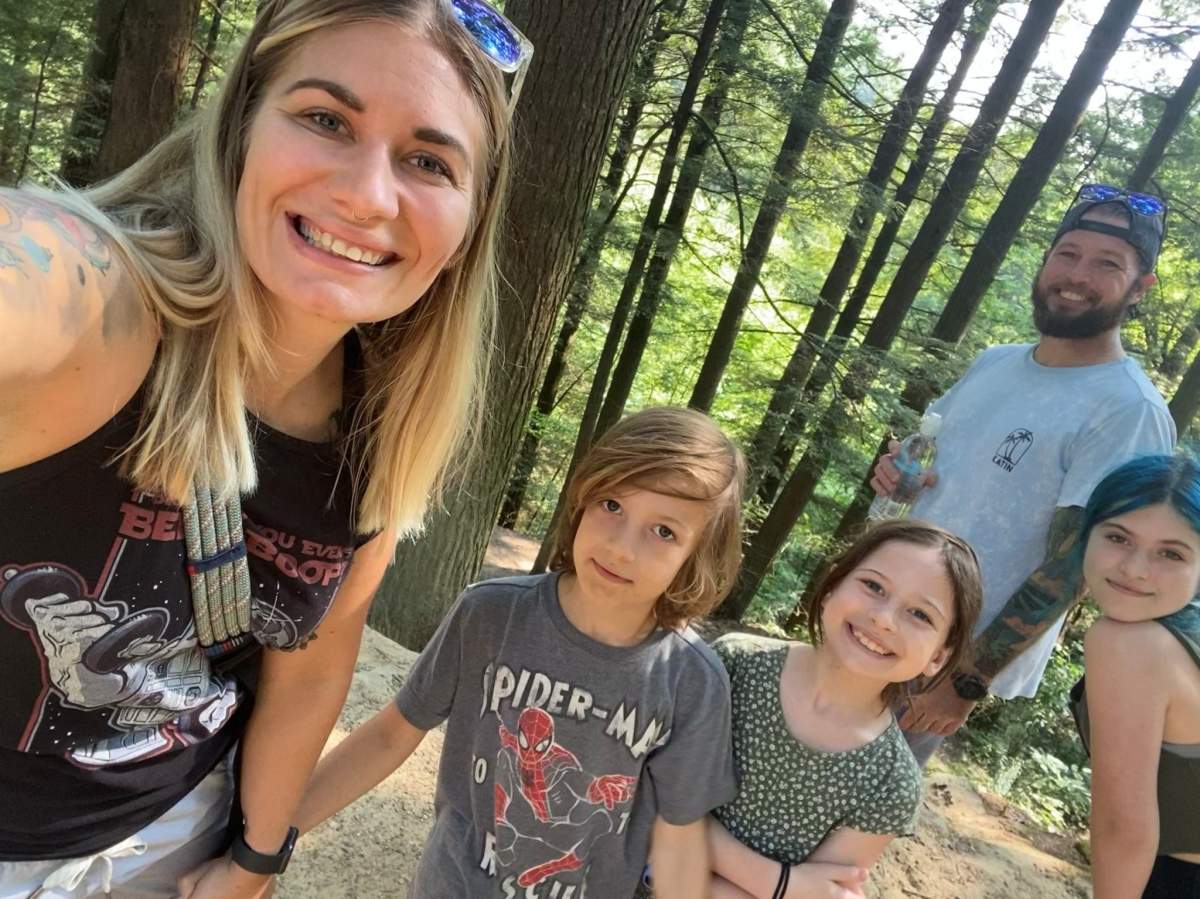Over the holidays, as we get together with friends and family, eating disorder experts and educators want everyone to watch their words about weight and body image around little ones.

Ary Maharaj, outreach and education co-ordinatior for the National Eating Disorder Information Centre (NEDIC), said language matters and children as young as five pick up on conversations about our bodies, food and weight.
“There were studies done even this past year in 2021 that found girls as young as five have internalized already that thinner bodies are better,” said Maharaj.
“They will choose dolls with smaller body types or smaller body proportions than otherwise.”
It’s not uncommon to comment on weight and image, especially when you haven’t seen someone in a long time.
“‘You look great, have you lost weight?'” is something Maharaj noted is often said at family gatherings.
“We immediately comment on weight and I think that sends a message to our young’uns that your weight is really important. I’d love to replace that with, ‘It’s so nice to see you,’ if that’s actually what you mean.”
Maharaj said it’s estimated more than a one million Canadians have an eating disorder, approximately the population of Saskatchewan — but he said that data is from 2012 and the reality is the number is likely much higher.
The NEDIC is 60 per cent busier than pre-pandemic volume and COVID-19 led to a change in eating habits and structure, especially for young Canadians who were forced to attend school online while going through puberty.
Natalie Vandenbossche, from Macomb County, Mich., and her 12-year-old daughter Eva can relate.

Get weekly health news
With COVID, the mother of three said the family spent a lot of time at home and Eva went through a growth spurt.
“We were digging through her stuff and trying to find snow pants,” said Vandenbossche, “and she found her pants from last year. She tried them on and was really struggling to get them up over her thighs and butt.
“She just looked at me and said, ‘Mom, I think my butt and thighs are too powerful for these pants!'”
Vandenbossche tweeted out Eva’s response — creating a lot of attention for all the right reasons.
“I’m surprised with how many people it resonated with,” said the mother.
“I hope it reframes, it makes people pause and think about the words they do use and how they view their own bodies.”
Vandenbossche said she makes a point of not talking negatively about body and weight in her home.
“We focus on what our bodies can do and not what they look like.”
The mother said growing up, she struggled with the size of her thighs and always tried “shrinking” herself.
Then she discovered Kortney Olson, a powerful woman — her claim to fame is crushing watermelons between her thighs.
“That brought the inspiration to me,” said Vandenbossche, “and I was like, ‘This is a strong part of my body that I should embrace.'”
Vandenbossche turned to weight lifting and jiu-jitsu, and family life has focused on moving — rejecting that weight and size are the holy grail of health.
“It’s so much more impactful to think about how powerful we are as humans, versus being concerned and obsessed with shrinking ourselves.”
Maharaj said we all “have the power to be really positive adult influencers.
“So if you say something like, ‘I feel fat today,’ even if the response is, ‘You are not fat, you’re beautiful.’ It’s perpetuating a narrative that young people can start to pick up on. Like being fat or being bigger is suddenly bad or as a human you deserve less in terms of respect for yourself.
“If you hear someone mention something like, ‘I feel so fat today,’ remember that fat isn’t a feeling.”
Other phrases Maharaj said do more damage than good include labelling food as good or bad.
“I’ve heard things like, ‘Cookies are so bad, I shouldn’t eat them,’ or ‘I really should work off this meal,’ or ‘You are what you eat.'”
Maharaj said making food moral can have lasting consequences on children and because of rising food costs, many families struggle to put food options on the table.
He stressed, “no foods are never foods.”
If you think your child has an eating disorder, Maharaj urged caregivers to get help as soon as possible.
“What we know about eating disorders compared to other mental health issues,” said Maharaj, “is the age of onset, so when they develop is often younger. So kids as young as 10, 11, 12, as opposed to 15, 16, 17 for other mental health conditions.
“The earlier you get help, the better your chances are of preventing the more deadly eating disorder from actually coming out.”
The NEDIC has a toll-free help line and instant online chat function.
NEDIC helpline: 1-866-NEDIC-20 (1-866-633-4220)







Comments
Want to discuss? Please read our Commenting Policy first.